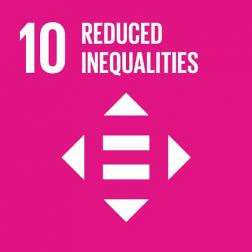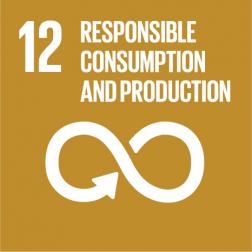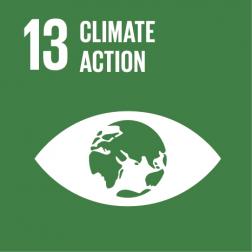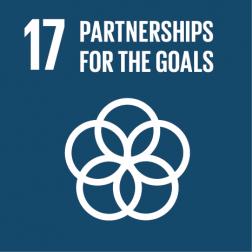General information
Title
Renforcer le système coopératif et favoriser son environnement socio-économique au bénéfice des familles d'agriculteurs impliqués dans les chaînes de valeur du riz organique dans 3 régions des Philippines
ID
XM-DAC-2-10-3013
CRS ID
2021C03013
Start date
End date
Activity status
Completion
Budget
€358.724
Actor
NGO CSA Collectif Stratégies Alimentaires
Country
PHILIPPINES
Sector
Agriculture and livestock - Agricultural co-operatives
Policy markers
Environment 1
Biodiversity 1
Climate: Adaptation 1
Trade Development 1
Aid type
Core support to NGOs, other private bodies, PPPs and research institutes
Fragile state
No
Least developed country
No
Budgetline
54 20 356072 NGO Programs
Finance type
GRANT
Tied status
No
Flow type
ODA
SDGs
Body
General
The project is based on the finding that many of the cause that create poverty and food insecurity in the Philippines could have been addressed if farmers had been better and broadly organized as agri-cooperatives, professionally managed and democratically governed. Where these agri-cooperatives exist and provide full-value chain services to members, farmers are able to improve production, enlarge their market access, and access various government programs. The program, while helping building a broad agri-cooperative movement and strengthening PAKISAMA’s capacity to serve member organizations will focus its activities on the support of 21 member cooperatives producing organic rice. Pakisama’s interventions will facilitate the strengthening of the cooperatives’ governance, the increase in quality and quantity of their members’ production and processing activities, leading to a greater access to market. It will also contribute to the establishment of synergies between agri-cooperatives and with general cooperatives as well and it will facilitate the recognition of their voice in the decision making processes of government mandated to serve rice farmers. By all these means, the program is aiming at the generation of greater incomes for farmers, as well as a greater recognition of the key role of cooperatives in the economic development of rural areas. The project will help establish a more inclusive, equitable, and sustainable alliance of stakeholders involved in organic rice value chains to address farmers’ poverty and accompanying environmental, social, and economic development goals. At the center of this project is the capacity building of the farmers themselves and their cooperatives to become effective players and negotiators with private and public stakeholders involved in the production, manufacturing, and marketing processes of agriculture commodities. It is also important to notice that the choice of organic rice production produced in “Integrated Diversfied Organic Farming System” (IDOFS) is responding to the climate change’s challenges.





